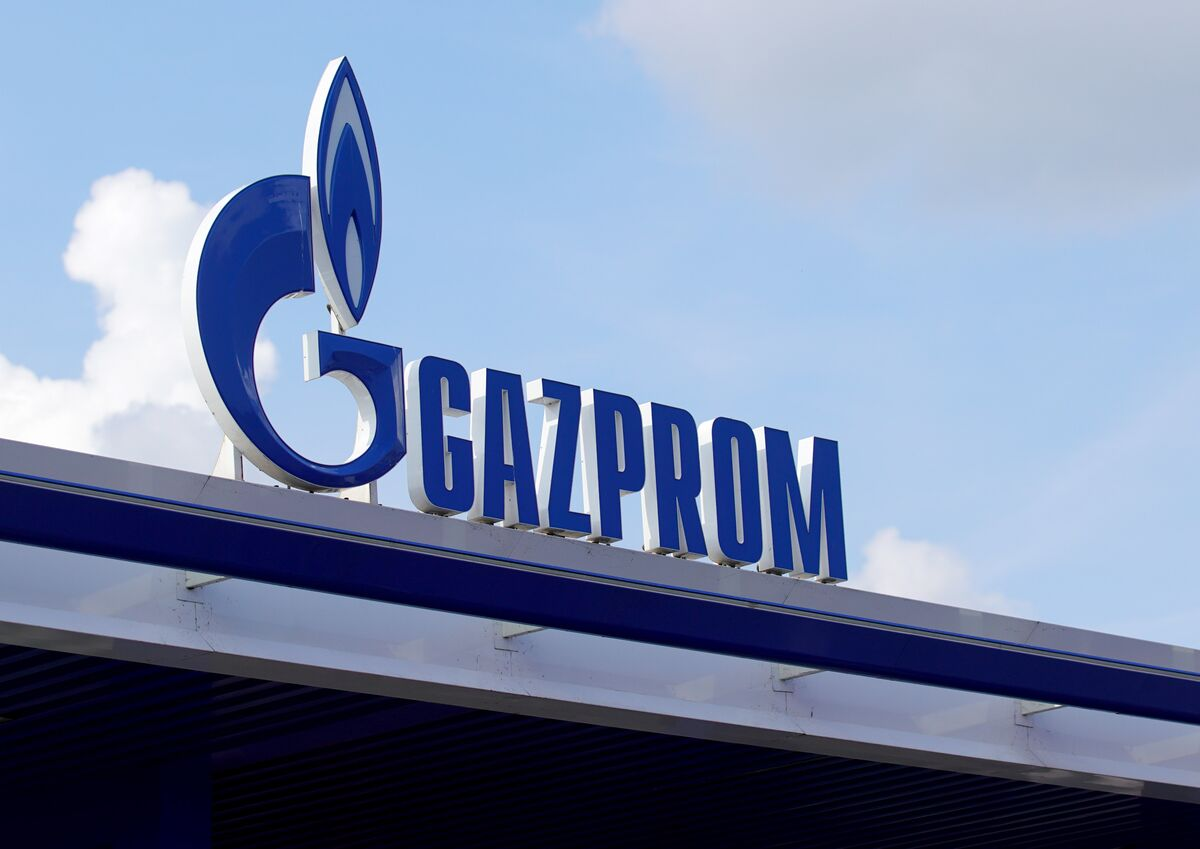Austria’s OMV has severed ties with Gazprom, ending a partnership spanning over five decades, after seizing Russian gas as payment for an arbitration award. The move, described by industry insiders as unprecedented, signals a pivotal shift in Austria’s energy strategy amidst the broader European pivot away from Russian gas dependency.
On November 13, OMV announced its victory in a German arbitration case against Gazprom, securing €230 million ($239 million) due to irregular supplies. To enforce the ruling, OMV withheld an equivalent amount of gas from Gazprom’s October deliveries. This action marked the first instance of a European Union customer seizing Gazprom’s gas as compensation, sources familiar with the matter disclosed.
Three days after the seizure, Gazprom suspended supplies to OMV, citing the non-payment as a breach of contract. OMV’s decision was reportedly influenced by the looming threat of Ukraine ceasing Russian gas transit by early 2024. With its contracts with Gazprom running until 2040, OMV’s move to confiscate the gas is seen as a strategic step to argue for a breach on Gazprom’s part, potentially paving the way for a complete withdrawal from Russian gas reliance.
OMV had been one of the last European buyers of Russian gas following Moscow’s invasion of Ukraine in 2022. Before the war, Russia was Europe’s primary natural gas supplier. Austria’s loyalty to Gazprom had remained steadfast, even as other EU nations diversified energy imports from sources like Norway, the U.S., and Qatar. However, OMV’s shift marks a significant departure from this stance, aligning with efforts to reduce reliance on Russian energy.
Impact of the Break
Gazprom’s influence in Central Europe, particularly in Austria, had been bolstered by its competitive pricing and Austria’s extensive gas storage facilities. During 2022, Austria benefited from significantly lower prices, paying $300-$400 per 1,000 cubic meters compared to the market peak of over $1,000 per 1,000 cubic meters. Despite the cutoff, Russian gas continues to reach Austrian buyers indirectly through Slovakian intermediaries, illustrating the complexities of Europe’s energy network.
OMV’s CEO Alfred Stern has been actively working to diversify the company’s energy sources since assuming leadership in 2021. OMV has already launched additional arbitration cases against Gazprom and written down €2.46 billion in Russian investments following Moscow’s seizure of its stakes in the Yuzhno Russkoye gas field.
Political and Regional Context
Austria’s neutral political stance has not shielded it from the fallout of its energy ties with Russia. Although supporting EU sanctions against Moscow, Austria faces internal political challenges, including managing its government structure post-elections and balancing relations with Russia-friendly entities such as the Freedom Party (FPO).
Austria’s energy minister Leonore Gewessler emphasized OMV’s autonomy in deciding the future of its Gazprom contracts. She noted that the government’s role was to establish conditions that facilitate Austria’s transition away from Russian gas dependency.
The abrupt end of Austria’s longstanding relationship with Gazprom underscores the broader geopolitical and economic recalibrations reshaping Europe’s energy landscape.










